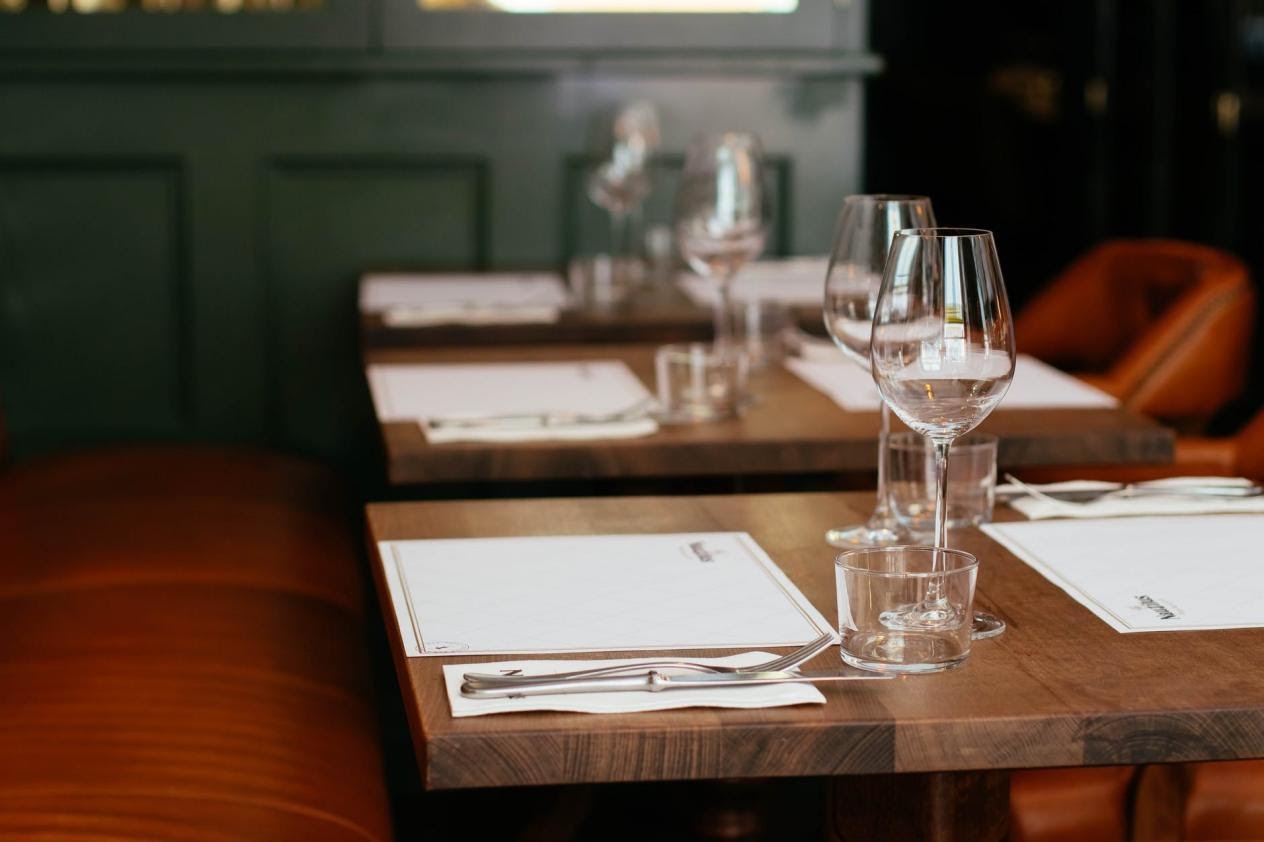3 Sustainable Habits Restaurants Need Today

Media Kit
Here is a complete Media Kit with different versions of our logo, banners, style guides and our products sneak peeks.

Here is a complete Media Kit with different versions of our logo, banners, style guides and our products sneak peeks.